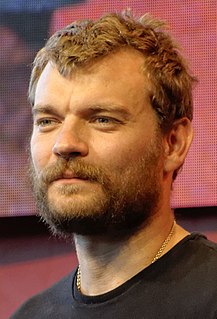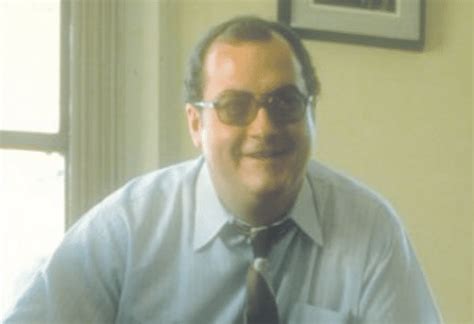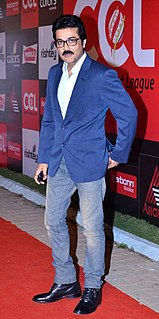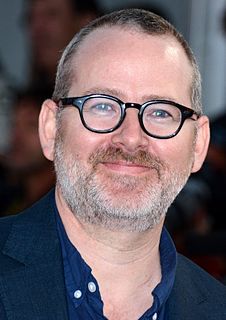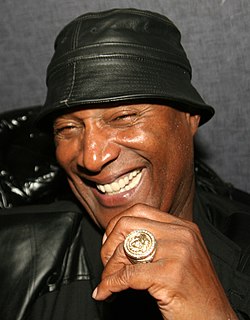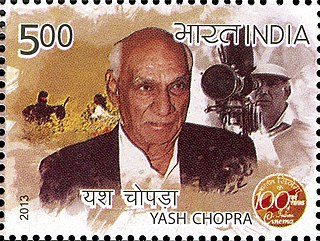A Quote by Mahesh Manjrekar
As for the method of making films, I would say that there are no rules as such. The only thing important is that you should have the confidence to do it and have a good story.
Quote Topics
Related Quotes
Most films and directors lose their nerve and want to indicate [emotions] a bit more, to show that their story is clear. I'm not saying that's a good thing; as an actor its anathema to good acting, but to have someone with the confidence to say that should I be utterly natural and minimalist is great.
The good thing about rules is if you have to do an interview, and you make some rules for that interview, like, "I can only ask him about five years of his life or her life," it narrows down your story. It's the same thing with acting. In my profession, if I say, "These are the rules for this character," all of the sudden, you create life.
I always say that you could publish trading rules in the newspaper and no one would follow them. The key is consistency and discipline. Almost anybody can make up a list of rules that are 80 percent as good as what we taught people. What they couldn’t do is give them the confidence to stick to those rules even when things are going bad.
The story is the only thing that's important. Everything else will take care of itself. It's like what bowlers say. You hear writers talk about character or theme or mood or mode or tense or person. But bowlers say, if you make the spares, the strikes will take care of themselves. If you can tell a story, everything else becomes possible. But without story, nothing is possible, because nobody wants to hear about your sensitive characters if there's nothing happening in the story. And the same is true with mood. Story is the only thing that's important.
With excessive digitisation, now, everyone is making films, which is good, but the makers think that they will quickly make films in digital and bag satellite rights but television channels buy satellite rights of notable films only. If we made fewer films a year, percentage of hits would be better.
A story is a way to say something that can't be said any other way, and it takes every word in the story to say what the meaning is. You tell a story because a statement would be inadequate. When anybody asks what a story is about, the only proper thing is to tell them to read the story. The meaning of fiction is not abstract meaning but experienced meaning.
The actor's always as good as the stories are. And so many important things, there is the light, there is the costumes, the makeup, there's the text, there's so many elements which the actor himself cannot control. But the script is the most important thing. First of all the story, and then you go from there. You know, it's like you stand in the kitchen, and say are we making a fish or do we grill a steak? And you go from there.
A story is a story is a story. The only difference is in the techniques you bring to bear. There are always limitations on what you can and can't do. But I enjoy that. Just like when you write a sonnet or haiku, there are rules you have to abide by. And to me, playing within the rules is the fun part. It keeps the brain fresh.
The only thing you should have to do is find work you love to do. And I can't imagine living without having loved a person. A man, in my case. It could be a woman, but whatever. I think, what I always tell kids when they get out of class and ask, 'What should I do now?' I always say, 'Keep a low overhead. You're not going to make a lot of money.' And the next thing I say: 'Don't live with a person who doesn't respect your work.' That's the most important thing—that's more important than the money thing. I think those two things are very valuable pieces of information.
Films have been my only passion in life. I have always been proud of making films and will continue taking pride in all my films. I have never made a movie I have not believed in. However, though I love all my films, one tends to get attached to films that do well. But I do not have any regrets about making films that did not really do well at the box office.


